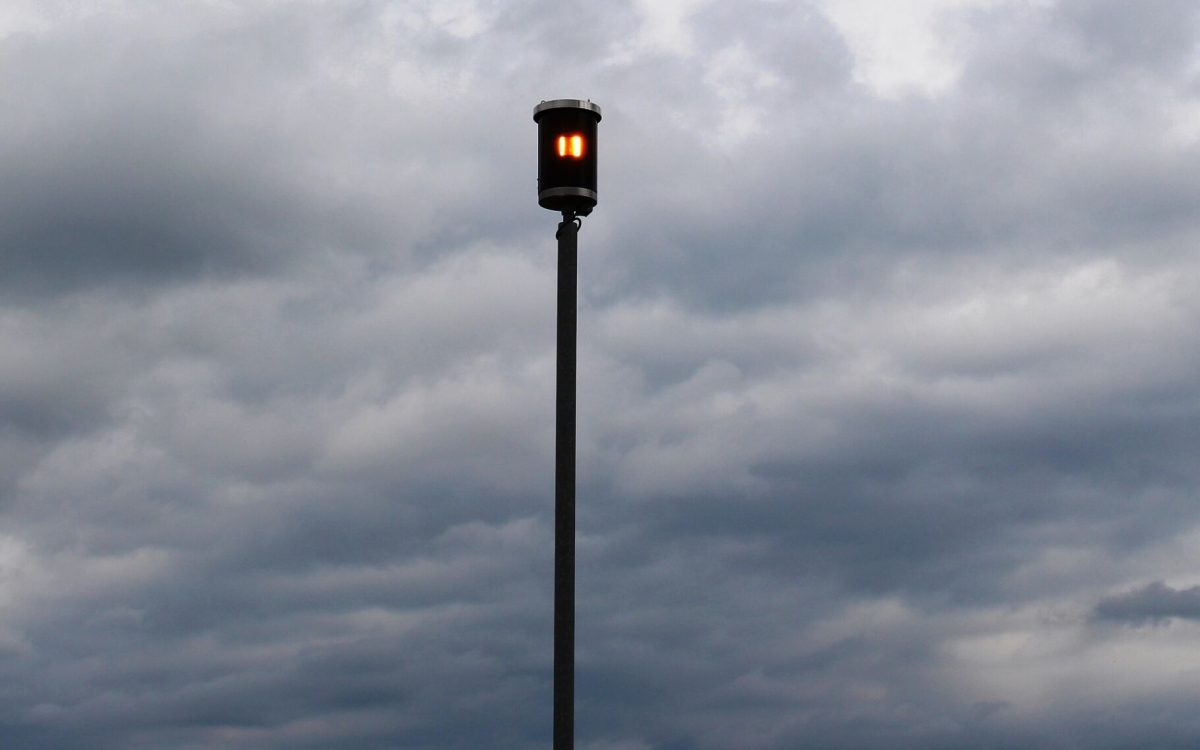If you have been on campus at Clemson University under cloudy skies or a slight drizzle, then chances are you have heard the lightning warning alert siren. For those that are unfamiliar, as per the verbal alert following the siren, when “cloud to ground lightning has been detected in the area,” an audible siren akin to an emergency vehicle is sounded by loudspeakers throughout the entirety of the campus and can even be heard from downtown.
The need for such a siren, however, must be reevaluated by school administration. It goes without saying, but when the sky is cloudy and it looks like there might be rain, there is an elevated risk of lightning appearing in the sky. As such, it is difficult to justify the existence of such an alert system.
This lengthy siren also has the potential to create dangerous situations for students. One such example is the ‘boy who cried wolf’ scenario. Given the common sounding of the alert siren, many students have become desensitized to the alert and disregard its message outright. One student, when interviewed, explained “When I hear the siren go off, I immediately shrug it off because I already know what the message will say.”
In the event of an actual emergency, nonchalant attention to the sirens could prove hazardous to students, especially if the alert is for a more immediate danger such as a tornado, fire, or other such disaster. The commonplace of the emergency siren has become antithetical to its purpose which is to catalyze an immediate response to a dangerous situation.
This leads to my second point. Unlike the warning broadcast heard on the radio or TV, the siren on campus lasts for approximately an entire minute before the message of the alert is even heard. In contrast, according to the Code of Federal Regulations 47 CFR Part 11 Subpart B § 11.31 (C), the Attention Signal heard when an emergency alert is broadcast sounds for only 8 to 25 seconds before the alert message is given. This short time span allows for a rapid issuance of the warning, and thus a rapid response by the listener.
In the event of a dangerous campus situation, students are kept waiting for details for an entire minute before instructions are announced. As someone who has experienced a tornado first hand with no warning, every second counts when it comes to reacting to an emergency. Keeping the masses waiting in the face of danger is not only dangerous, but negligent on part of the University.
To remedy the situation, the Clemson University administration must reduce the length of the alert siren and broadcast the alert message sooner. Additionally, the alert siren must only be used in situations of dire emergency, not something as simple as lightning. Should the University insist on sounding a siren for lightning, there should be an accompanying CU Safe Alert message sent at the start of the siren to inform on the nature of the alert.
Should Clemson Administration heed this common sense, next time you hear a campus siren, stop and listen. The message might be important for once!














